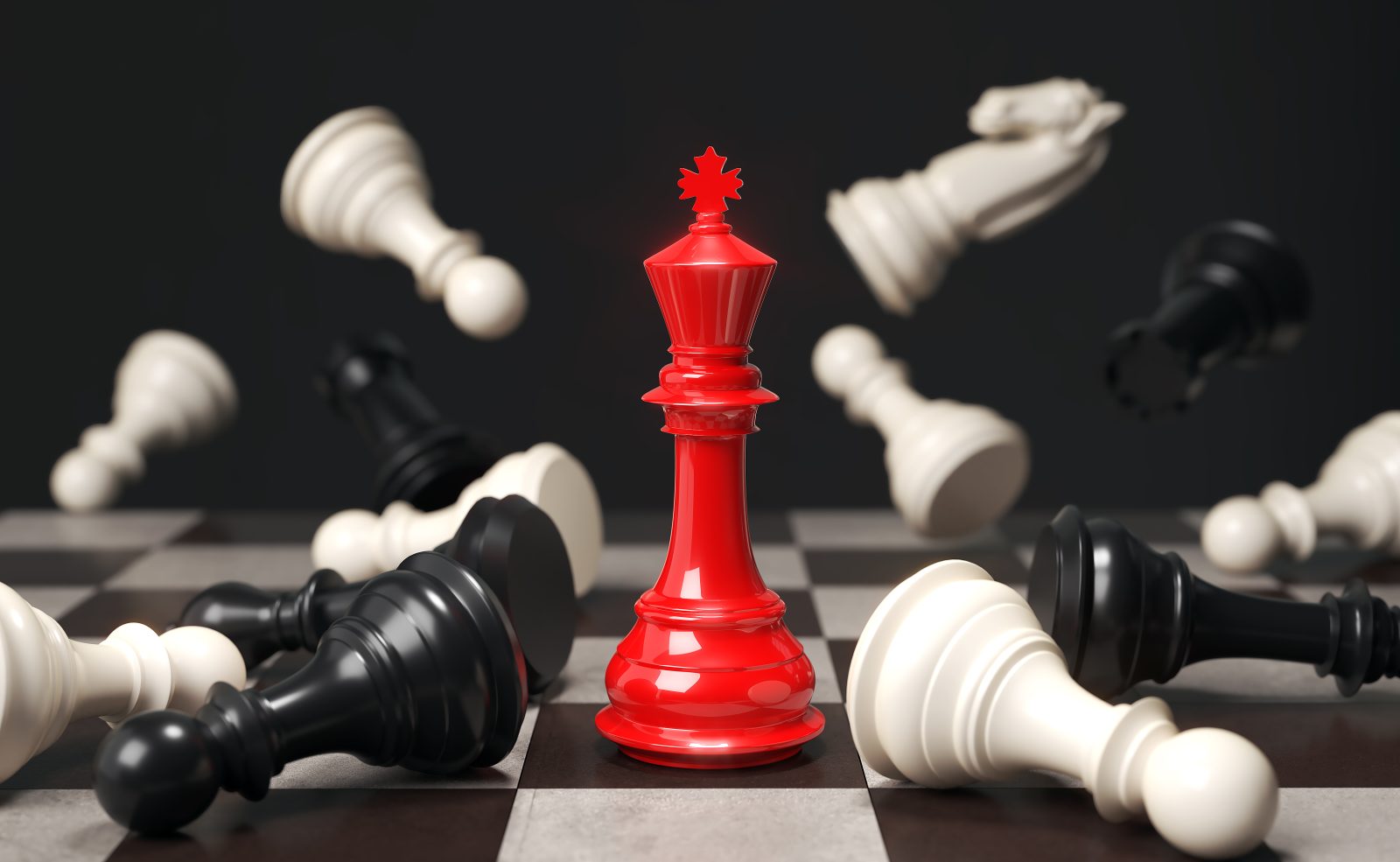


Bill Dembski Reflects on The Origins of a Classic

Did Chess Ace Hans Niemann Cheat? A Design Detection Poser
On this ID the Future, mathematician William Dembski and host Eric Anderson explore whether design detection tools shed any light on the recent chess scandal involving world chess champion Magnus Carlsen and American grandmaster Hans Moke Niemann. Did Niemann cheat in a match where he beat Carlson, as some have claimed? There is no smoking gun in the case, so how might one determine if cheating occurred? At first glance the problem might seem far removed from the design detecting rules and tools Dembski laid out in his Cambridge University Press monograph The Design Inference. But actually there is some intriguing overlap. Is there a way to dig into the chess data and determine whether Niemann secretly used a computer chess engine to help him win the match? Tune in as Dembski and host Eric Anderson wrestle with the problem.

Bill Dembski on the AI Boogeyman, and the Real AI Danger
On this episode of ID the Future, Andrew McDiarmid reads an excerpt from a speech prepared by philosopher, mathematician, and trailblazing design theorist William Dembski for the launch of the Walter Bradley Center for Natural and Artificial Intelligence. Dr. Dembski asks whether we need worry about an AI takeover, and says no, there’s no evidence that artificial intelligence (AI) could reach that level, or achieve consciousness, and there’s mounting evidence from both philosophy and the field of artificial intelligence technology that it cannot and will not. “The real worry,” Dembski says, “isn’t that we’ll raise machines to our level, but that we’ll lower humanity to the level of machines.”